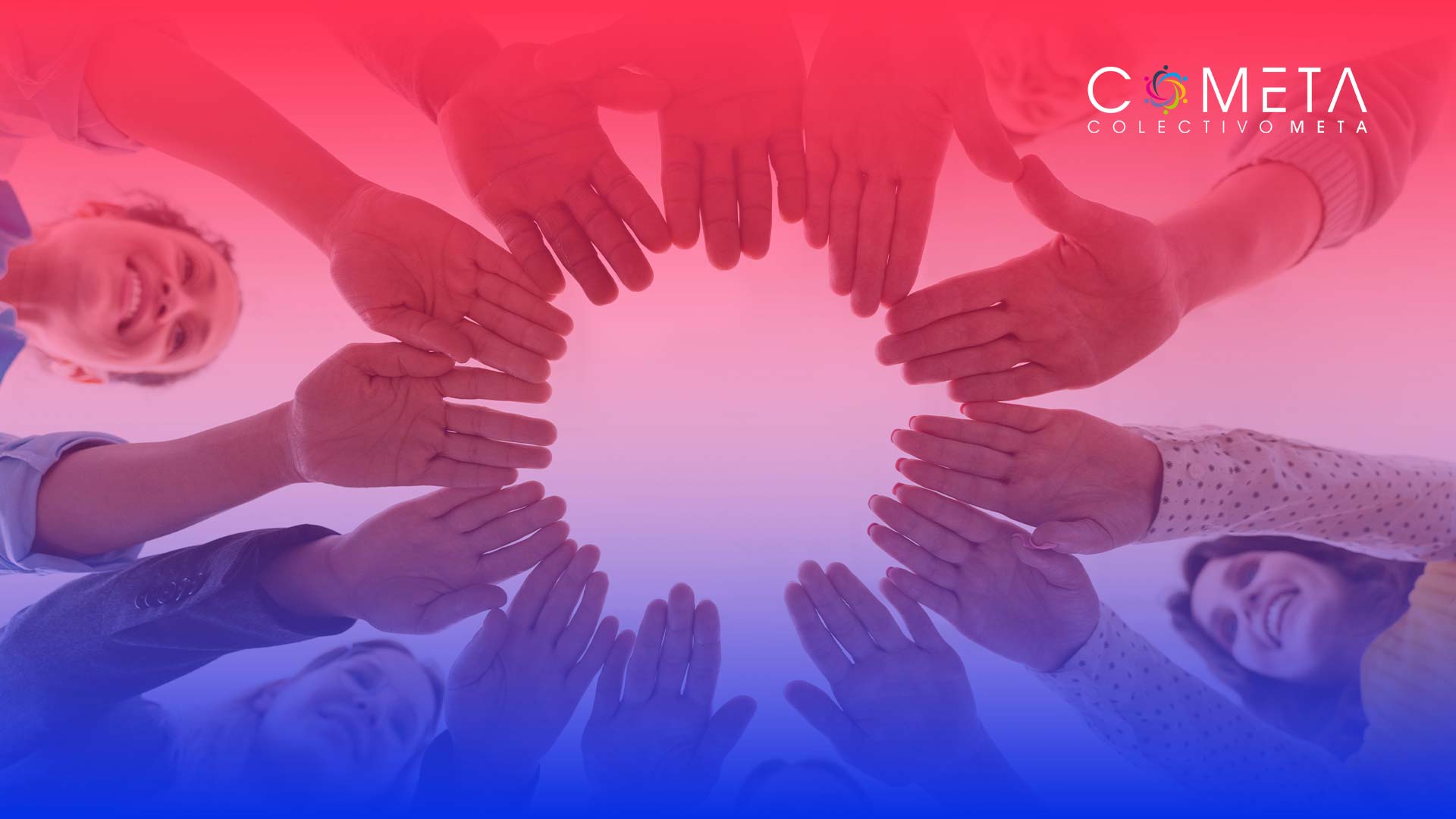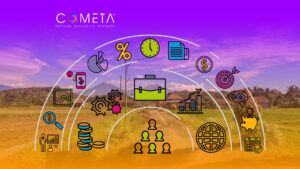People often associate civil society organizations with social change. However, do we know why? Where is the relevance of the work undertaken by civil society organizations? We will answer these questions below.
Civil society organizations influence public life
The first aspect for social change where we participate as civil society organizations involves governments and their performance. Our job is to generate knowledge, analysis, research, and gather evidence to watch over and assess government entities. Therefore, we promote social change through:
- Identifying government’s commitments and obligations towards society at the domestic and international levels;
- Tracking government’s activities and ascertaining their compliance with their commitments and obligations;
- Identifying to what extent government’s actions are aligned with civil servants’ pledges and reports? We gather evidence from civil society that allows us to know the work of government institutions and other stakeholders related to the public sector. This is how we can ascertain whether they are complying with their obligations and commitments;
- Promoting areas for improvement to achieve the stated goals. Civil society organizations can formulate proposals based on evidence, enabling governments to find alternatives to reach their goals; and
- Introducing topics on the public agenda that we consider of general interest.
Civil society organizations serve as a system to control and improve governance. However, we also play a relevant role at the societal level by:
- Translating governments’ work into a more accessible language so civil society enhances their understanding, and governments become aware of their performance;
- Participating in decision-making;
- Holding our governments accountable;
- Knowing and exercising our rights. This helps to foster social change and better understand:
- What is the impact of public actions on our lives?
- Why is it important for governments to be accountable?
More complex problems require collective actions
Social problems are becoming more complex, making it impossible for a single stakeholder to solve them. It used to be a common belief, that governments were the only actors in the public arena and that the citizenry had a passive role. This is not the case anymore.
We are becoming aware, as a society, that social change is everyone’s responsibility. Now we know that we need to design multi-stakeholder and multisector efforts. We had significant achievements in collaboration with governments, private actors, and civil society organizations. The outcome has been co-creative actions and projects where involved parties have a stake according to our capacities and experiences.
Civil society organizations can reach where governments cannot. For example, organizations that work with communities know better these groups’ backgrounds and needs. When we cooperate with governments, we can better help to adjust programs and actions so that they get the benefits they need.
Checks on undemocratic practices and on attempts to shrink the civic space
In recent years, we have witnessed a return of undemocratic practices and anti-rights agendas that close and limit the civic space for expression, dialogue, and participation. Consequently, we see obstacles in exercising human rights that are causing a setback in rights that we believed were already granted and that we have fought for decades. Civil society’s work consists of protecting the existence of a plural and diverse civic space where there is room for everyone to:
- Freely express their opinions;
- Participate in the civic space;
- Full exercise of everyone’s rights.
Civil society organizations achieve these goals by revealing governments’ failures and reporting actions leading to shrinking civic space. In this sense, our organizations play a critical role because exposing these actions forces governments to retrace their footsteps and correct their shortcomings. In extreme cases, this evidence leads to international courts, such as the Inter-American Court of Human Rights
Joining voices to ensure rights
The financial, climate, and human rights crises we live with pose challenges to the full exercise of human rights and exclude many groups of society, particularly those living under vulnerable conditions. One of the paths for civil society organizations to achieve social change is to make visible the agendas and struggles of these movements and organizations to help join voices and efforts that ensure the participation and the full exercise of everyone’s rights.
Social change, the great commitment of civil society organizations
In conclusion, civil society organizations are crucial for accomplishing social change. This is because we act as a check on government’s policies and programs to ensure that they are inclusive and sensitive to the needs of all members of society.
In addition, our work contributes to building more diverse, democratic, and sensitive communities where each person is valued, and their rights are respected. Civil society organizations are an essential pillar for strengthening democracy and promoting a more just and egalitarian society.
Social change is accomplished through the effort and collaboration of several key actors, civil society organizations are crucial stakeholders in democracy since we constantly seek to reshape and reimagine how to achieve the results that impact society as a whole.





